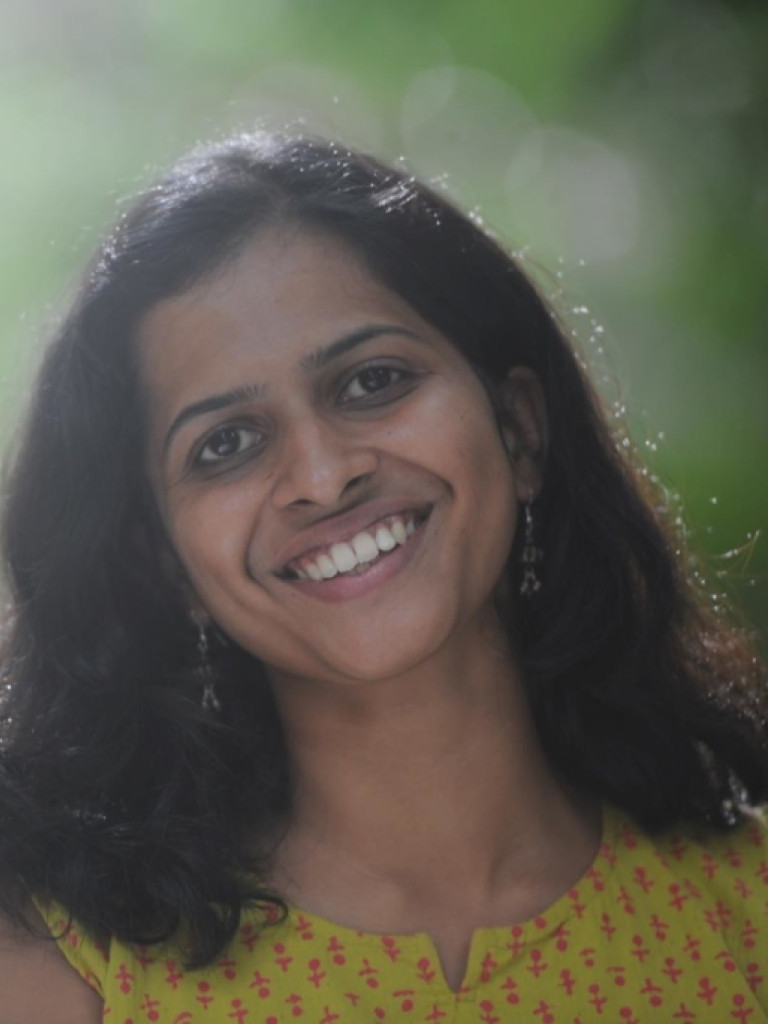
SWAGATA YADAVAR
- 2016
- Press Fellow
Swagata Yadavar is a health journalist from Mumbai, India. She has written about topics like drug resistant tuberculosis, genomics, latest in oncology, heart disease and diabetes and wellness. She has won Mumbai Press Club's Red Ink Award for Health writing in 2014 and Laadli Media Award for Gender Sensitivity in 2013. She is passionate about uncovering the gaps in access to healthcare and writing about policies that affect the public health system. She has worked in a national magazine, THE WEEK, and is currently working as a Principal Correspondent with IndiaSpend, the country’s first data journalism initiative. 1. Why did you choose to become a science journalist? I did not choose science journalism, it chose me. Since my first job after college, I have worked as a health journalist and writer. I love the fact that science journalism allows me to delve deeper into topics like biology, epidemiology and genetics and allows me to communicate it with wider audience. 2. What role do science and science communication play in your country? Indians are more in love with applied science than fundamental science. We do not have regular news stories about science in our newspapers and magazines. We hear very less about the work our scientists are doing in our country. There is a need to create more avenues for communication between scientific community and public to create curiosity and interest about science. 3. In your opinion, which are the walls that will have to fall in science and society within the next five years? I think the next few years will be important for breakthroughs found by collaborative international efforts like the Human Genome Project, the Human Brain Project and the exciting prospects of CRISPR-CAS9. Walls to fall would be improved diagnosis and treatment options for most diseases. The walls I strongly wish to fall are inequitable access to healthcare and preventable deaths of the world’s poorest. Only when everyone gets a fair chance in seeking right to health, can societies grow and flourish. 4. What are the biggest threats/obstacles to good science journalism and how could we tackle them? Threats to good science journalism would be a scientific community reluctant to share information and a lack of platforms that give quality information. For good science journalism to grow, we need scientists who are great at communicating their ideas with lay audiences and that believe in collaborating with journalists. We also need editors that back journalists to dig deeper and uncover little known truths and funders who support these ventures.